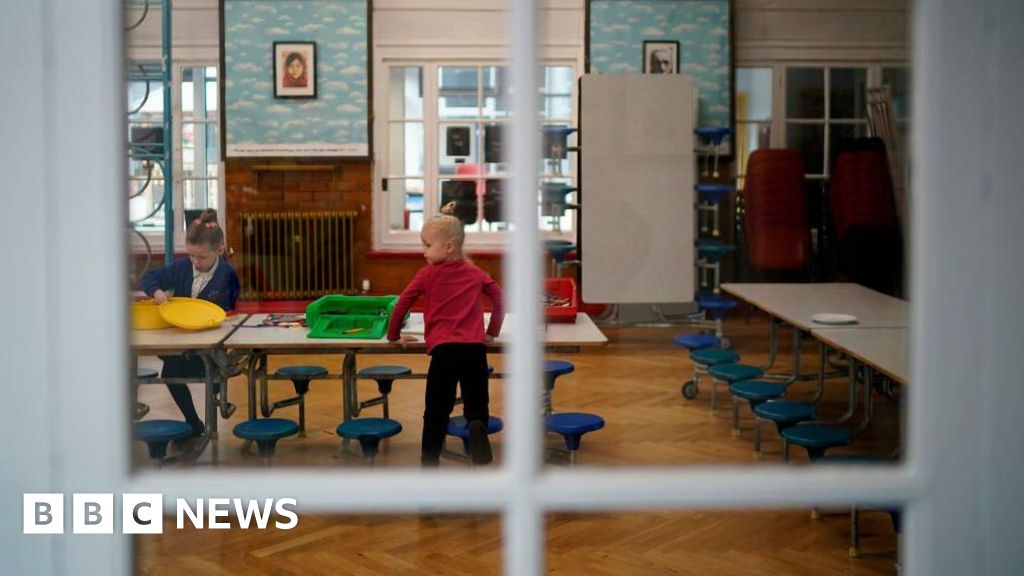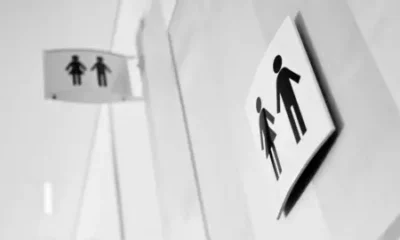Business
One day of planning went into Covid school closures, inquiry hears

Read full article on post.
The government did not start planning for the closure of schools until the day before the decision was made, the Covid-19 inquiry has heard.
Up until 16 March 2020, focus had been on keeping schools open, so there were no contingency plans in place, according to evidence given by the former education secretary Gavin Williamson.
Sir Gavin described a “discombobulating 24-hour sea change” in his written evidence, counsel to the inquiry Clair Dobbin KC said.
Her opening statement came on the first day of the eighth session of the Covid inquiry, which will look at the impact of the pandemic on children and young people across the UK.
The inquiry also heard that Sir Gavin felt the closure of schools in January 2021 was “not required”, but was “a panicked decision made without children’s interests front and centre”.
However, Boris Johnson has rejected that description of the decision, with both due to be asked about it later in the session, Ms Dobbin told the inquiry.
“It is significant that there should be any dispute about whether planning for so seismic an event existed,” she said.
The Welsh government acknowledged there was “inadequate planning” to close schools, and the Scottish government has said there was also “limited preparedness”.
Chair of the inquiry Baroness Hallett opened the session by saying the impact of the pandemic on children was “severe and, for many, long-lasting”.
Over the next four weeks, the inquiry will look at:
- The disruption to education
- Children’s emotional wellbeing and social interactions due to isolation
- How the physical health and access to healthcare of children were impacted
- The experiences of those with conditions like long Covid
- How the role of professionals like social workers changed
Questions are also expected to be asked about whether there is a link from the pandemic to the current high rates of absence in schools, and why so few vulnerable children attended school during the first lockdown.
The decision about what services to close or open “often prioritised adults or the economy over children’s wellbeing” with “playgrounds closed in some areas while pubs were open”, Steve Broach KC, who was representing children’s rights organisations, told the inquiry.
Schools were closed to all pupils except those of key workers and vulnerable children for two periods during 2020 and 2021.
The inquiry gathered the stories of 18,000 children and young people impacted by the pandemic.
The hearing was told of children who spent 19 hours a day playing video games, and young offenders who were only given 45 minutes outside of their cell.
Mum Aisha told the inquiry’s Every Story Matters project that she believes her 17-year-old son’s current lack of education, employment or training is largely because of the important years of schooling he missed during the pandemic.
“Usually, you have the work experience and are thinking about what you’re going to do in the future, you have all of that guidance in school, and he didn’t,” she said.
“Now he just hangs around in places where he shouldn’t, he’s in trouble.”
The inquiry also heard about children who were most at risk, and suffered “grievous harm” at the hands of those who should have been caring for them.
Social worker Imani said she found it incredibly challenging to assess families with a history of domestic violence and had to rely on virtual visits.
“It became very, very tricky,” she said.
“For example, if you say, ‘Can I see the home environment?’ you know that someone will point the phone or the camera to where they want you to see, as opposed to the angles that they really don’t want you to see. We couldn’t really see those children.”
Many children are still living with long Covid, or the lifelong consequences of not being able to access the right support, the inquiry heard.
Grace, from Wales, said she struggled to get medical help for her newborn son for multiple ear infections during the pandemic.
He was only able to meet a hearing specialist years later, by which point Grace was told that he was partially deaf as a result.
“He’s now four-and-a-half and it was only a year ago that we managed to get him a hearing appointment,” she said.
“That could’ve been picked up a lot earlier if it was easier to get seen.”
The government has said it is committed to learning lessons from the inquiry. The session looking into the impact on children and young people is expected to last four weeks.









